Award-Winning Solar Fridge Consumes 75% Less Power, Helps Small Biz Increase Profits
Tushar Devidayal, CEO & Founder of Mumbai-based DD Solar speaks of their award-winning flagship product, the 100 L Solar DC Refrigerator, which has benefitted over 400 small businesses in rural India.
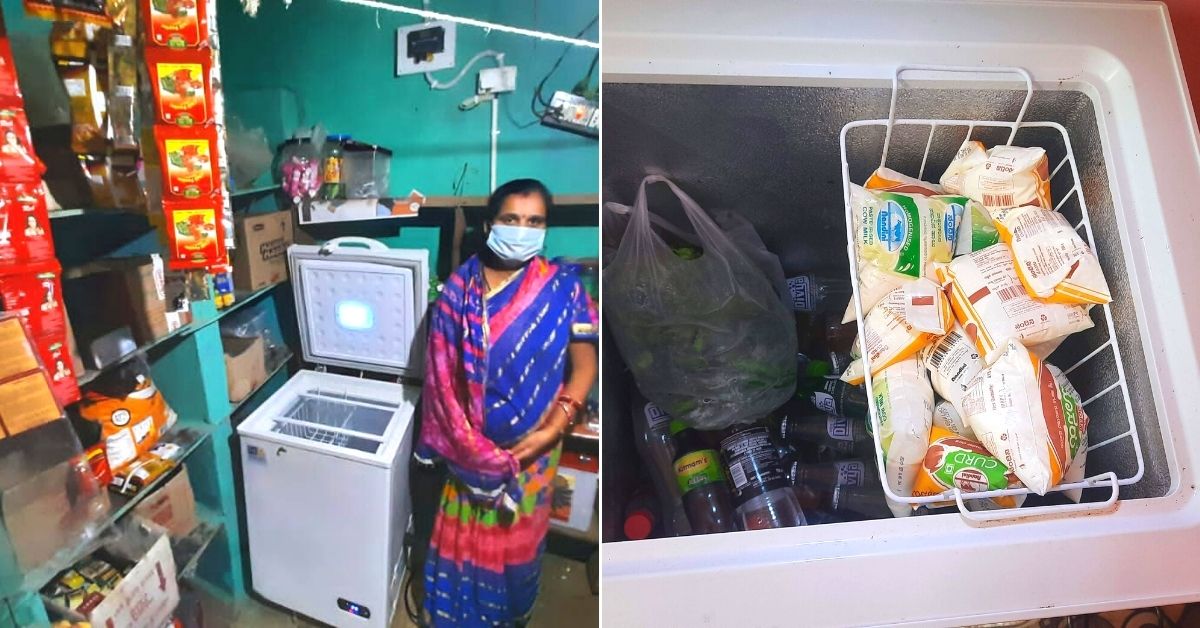
Sufiya Bano and Khalil Ahmed are proud owners of Muskaan Bakers and Dairy in Rudauli town, Faizabad district, Uttar Pradesh. Their commercial refrigerator used to generate an electricity bill of Rs 2,000-2,200 per month. During the summer, when the town would suffer sudden power cuts, it would result in spoilage of their dairy and bakery products.
(Image above of a small business owner with a solar-powered refrigerator courtesy DD Solar)
However, in October 2020 they installed a solar-powered dairy cooler with a capacity of 150 litres manufactured by Mumbai-based venture Devidayal Solar Solutions. Following this intervention, their electricity bill came down to Rs 900 a month, while their monthly revenue increased by around Rs 15,000.
Earlier, they would sell 15-20 litres of milk per day, but with a more reliable cold storage option, Sufiya and Khalil now sell up to 25 litres of milk on a given day.
“The refrigerator is such a blessing in areas where electricity is so uncertain. Also, the features of the refrigerator like temperature control are so user-friendly that anybody can adjust it just by going through the manual,” says Khalil, describing the impact of their solar-powered refrigerator.
Muskaan Bakers and Dairy is one among many microentrepreneurs that DD Solar has impacted with their Solar DC refrigerators with a capacity ranging from 100 litres to 250 litres. They received an 80 per cent subsidy to purchase it thanks to an organisation associated with DD Solar. Beneficiaries like them are identified by DD Solar’s on ground NGO partners, organisations or their sales team after conducting a baseline survey.
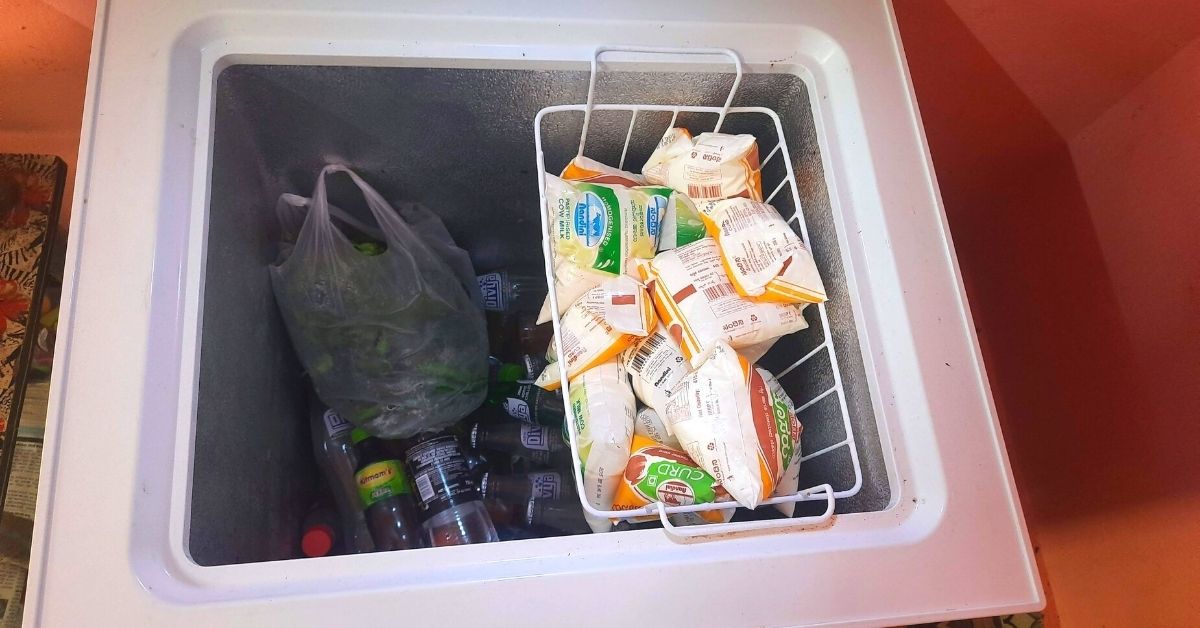
Impact of Solar Refrigerator
“Our refrigerator completely works on solar energy. It comes in a package with two or more solar panels and storage batteries and a microcontroller. The number of panels and batteries vary depending on the requirements of the farmer or micro-entrepreneur. The installation is done by our in-house team of engineers. Our refrigerators cost anywhere between Rs 75,000 and Rs 90,000 and are perfect for small enterprises in the rural parts of India, whether it’s for selling fish, dairy products or any retail item,” Tushar Devidayal, CEO & Founder at DD Solar, tells The Better India.
These solar refrigerators consume a quarter of the power that conventional refrigerators of this capacity do. While the solar-powered 100 L DC refrigerator consumes only 0.329 kWh (units) per 24 hours, their conventional AC electricity-powered counterparts take up 1.3 units/24 hours. The electricity bill reduces drastically as there is no AC power consumption because the refrigerator is completely dependent on solar power now.
“Our 100 L refrigerators, for example, are installed for individual farmers or micro-entrepreneurs. We have bigger refrigerators of 200 or 250 liters capacity, which in single or multiple units are installed for collective use by farmer producer organisations (FPOs), and other larger processing units. We have successfully installed 402 units till September 2021 in small businesses spread across 12 states and sectors such as dairy, fisheries, restaurants and retail. And Rs 4,000 to Rs 7,000 per month is the average profit of each business from the interventions across typologies after installing these 402 units. Further, it is estimated that these deployments are able to reduce about 800 tonnes of greenhouse gas emissions in their lifetime,” claims Tushar.
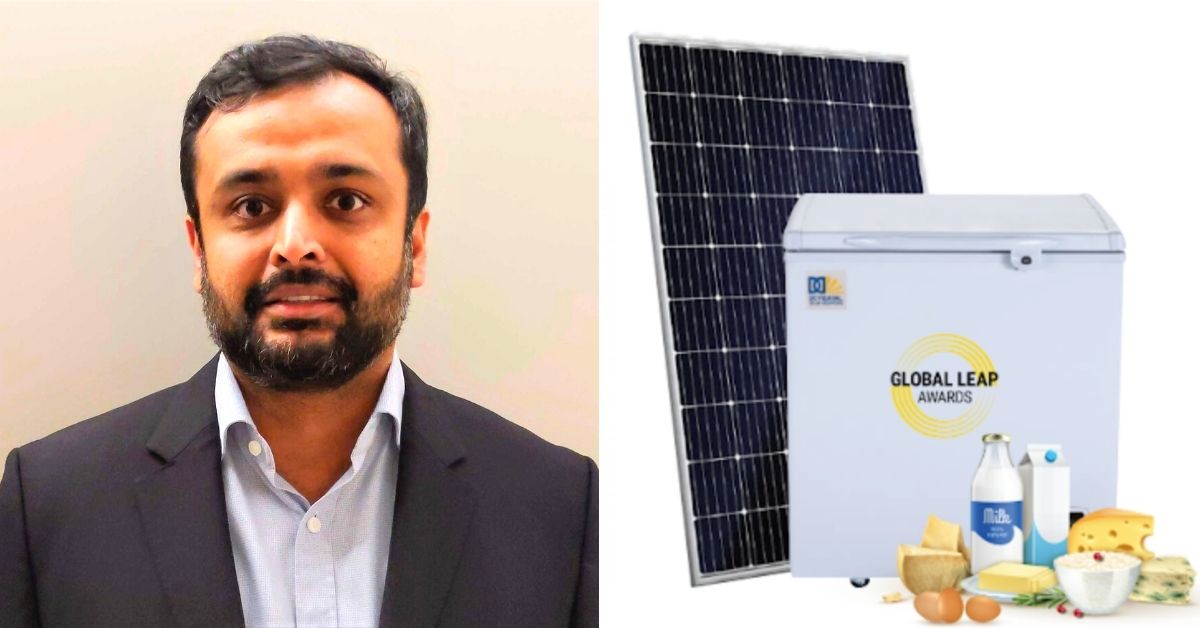
But how do these solar refrigerators impact different segments? In the dairy business, farmers are keeping a greater stock of milk and other dairy products because now the risk of spoilage has reduced. Given the confidence of little to no spoilage, retailers engaged in dairy products have added more products like paneer, buttermilk, mawa (khoya).
“Similarly, in the fisheries segment, we focus on entrepreneurs who buy fish from catchers daily, keep them on ice slabs at their home or small shop and sell it on the same day. But as a result of our intervention they buy the fish in bulk when the prices are less, store it in the solar refrigerator and sell it in the market where they can make more profits. They don’t use ice slabs anymore. So, this recurring cost no longer exists. Also, they have added more variety of expensive fish since now the risk of spoilage has come down significantly,” claims Tushar.
Take the example of Vasantha Mary Inaasi Muthu — who owns a small shop in Fatima Nagar in Madurai, where she sells fish. Her shop is in an area where regular electricity supply is not a guarantee. To support her business, she had to incur a daily cost of buying slabs of ice and was compelled to sell her produce on the same day she bought it given the quick rate of spoilage. Working in conjunction with the SELCO Foundation, a non-profit, DD Solar helped install a solar refrigerator with a capacity of 150 litres in Vasantha’s shop in September 2020.
“Earlier, we were not aware that even a refrigerator can be run on solar and that too for a whole day. It seemed that this product was made to resolve our issues like the continuous requirement of ice, irregular electricity supply and fish spoilage and in turn increase our monthly income. The refrigerator has been very helpful for our business, I recommend this to anyone who visits my shop and is facing similar electricity supply issues,” she says.
Thanks to this intervention, her monthly revenue has increased by around Rs 20,000. She sells up to 28 kg of fish per day, as compared to 20 kg earlier. Besides completely nullifying the daily Rs 100 expense on ice slabs, the average selling cost has increased from Rs 180 per kg to Rs 200. Earlier, the last few kilos of fish were sold for low prices given the lack of cold storage.
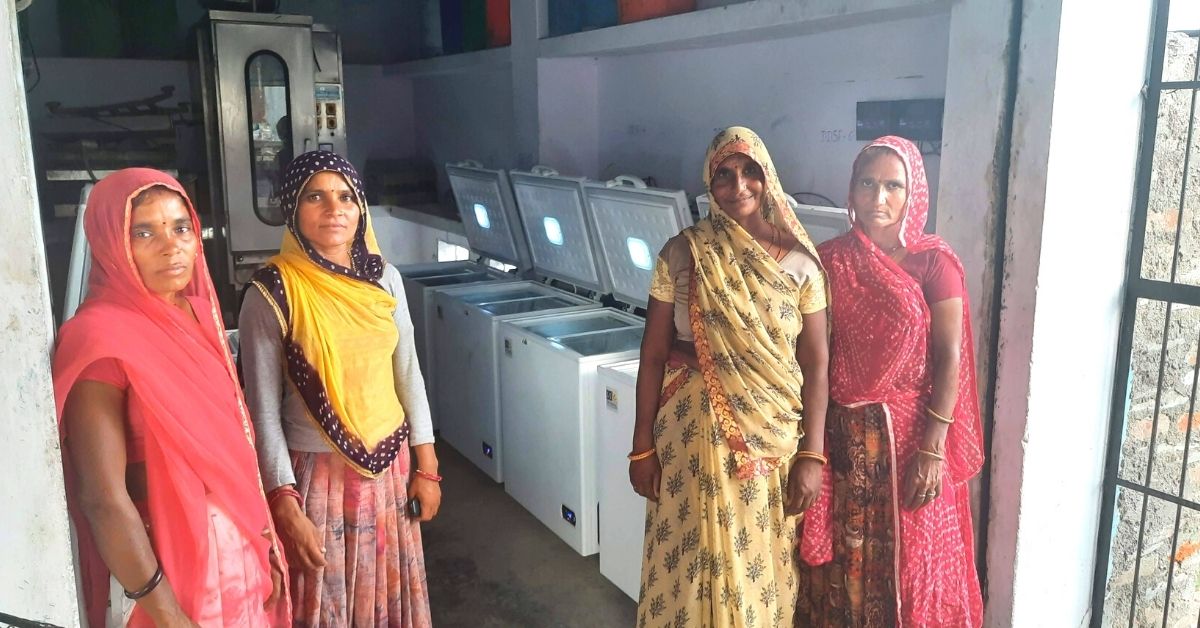
The Ecosystem Approach
Tushar founded Devidayal (DD) Solar Solutions in 2015 with the vision to design and develop high-quality, certified off-grid appliances like solar DC refrigerators, BLDC fans and coolers. Prior to DD Solar, Tushar worked in leveraged finance in New York, and most recently was the India country manager for Arysta LifeScience, Japan. The motivation behind DD Solar is to address the need for decentralised cold storage solutions in rural and semi urban regions.
The solar DC refrigerator comes with a digital display, environment-friendly technology (no chlorofluorocarbon emissions) and is tested by CLASP (Collaborative Labeling and Appliance Standards Program, a non-profit which works to implement energy efficiency standards and labels for appliances, lighting, and equipment) for steady-state operation power consumption at 16C, 32C, and 43C, load processing efficiency and freezing capacity. DD Solar currently has a team of 15 members with R&D (including design) and testing done in-house.
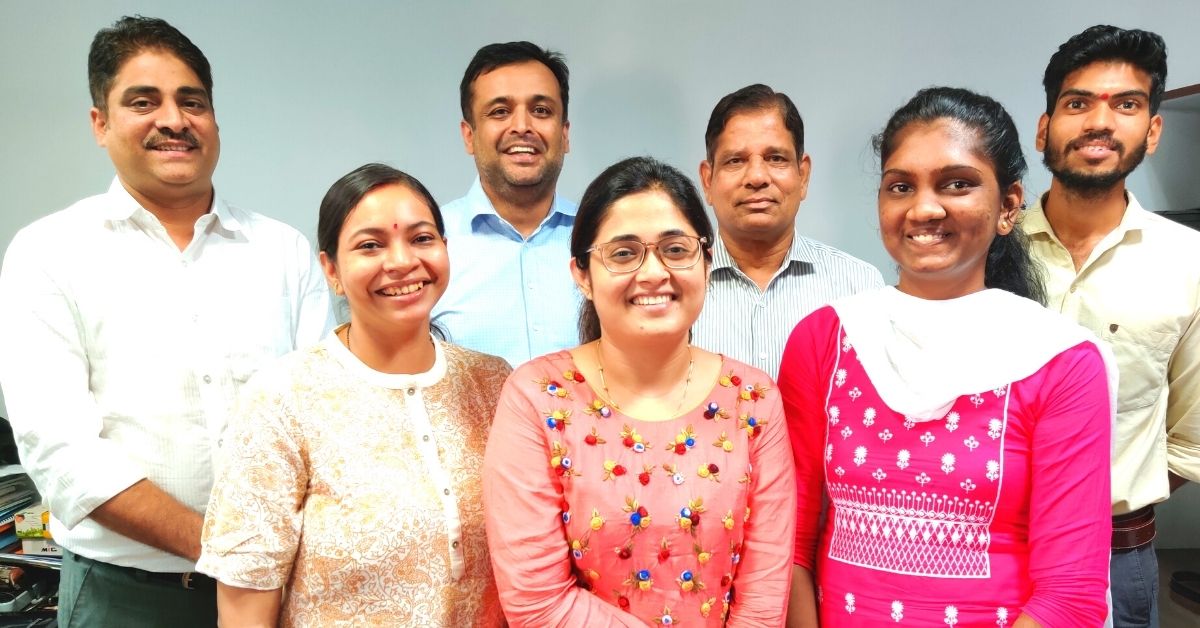
Their approach to business follows what it calls an ‘ecosystem approach’ that is focused on creating additional income for micro-enterprises and entrepreneurs of rural India.
“By this we mean that we just don’t sell our product to micro entrepreneurs. We also understand their technology, financial and business needs and provide them with a customised solutions. Assisting us in this regard has been Powering Livelihoods, a Council on Energy, Environment and Water (CEEW)-Villgro initiative, which has provided considerable support in communicating our ambitions and our mission to different stakeholders. They have also helped us integrate a gender lens in our operations and connected us to experts who have constantly and consistently helped us tide over technological, marketing and financial challenges,” says Tushar.
(Edited by Yoshita Rao)
Like this story? Or have something to share? Write to us: [email protected], or connect with us on Facebook and Twitter.
If you found our stories insightful, informative, or even just enjoyable, we invite you to consider making a voluntary payment to support the work we do at The Better India. Your contribution helps us continue producing quality content that educates, inspires, and drives positive change.
Choose one of the payment options below for your contribution-
By paying for the stories you value, you directly contribute to sustaining our efforts focused on making a difference in the world. Together, let’s ensure that impactful stories continue to be told and shared, enriching lives and communities alike.
Thank you for your support. Here are some frequently asked questions you might find helpful to know why you are contributing?


This story made me
-
97
-
121
-
89
-
167











